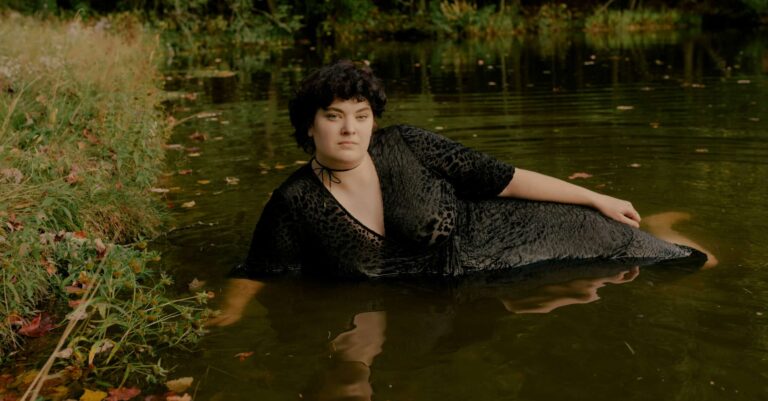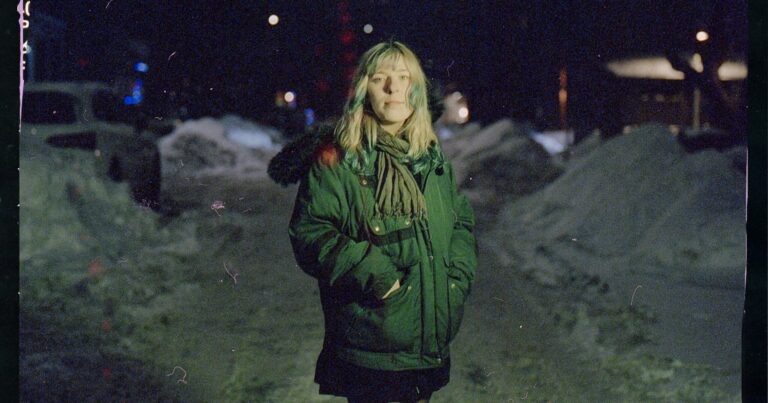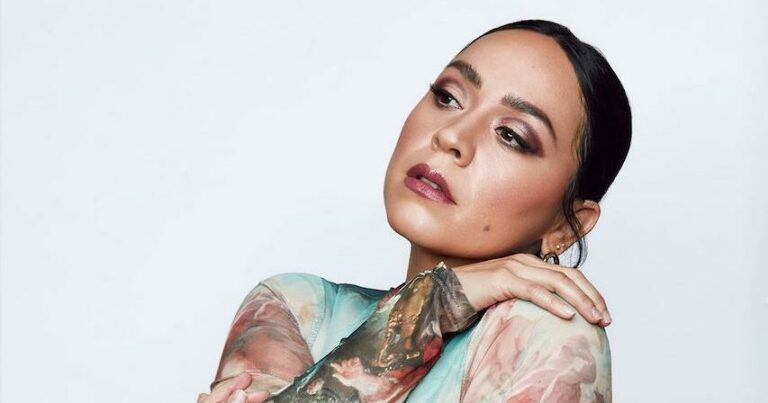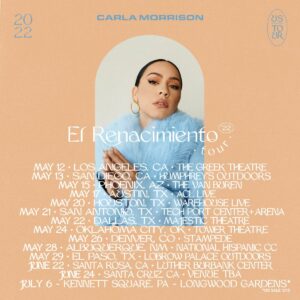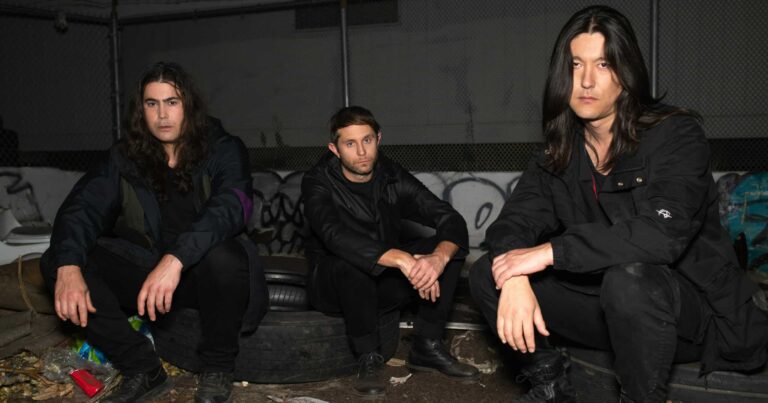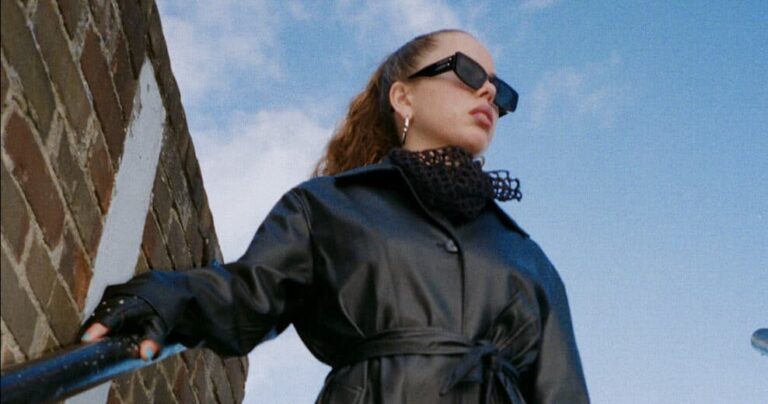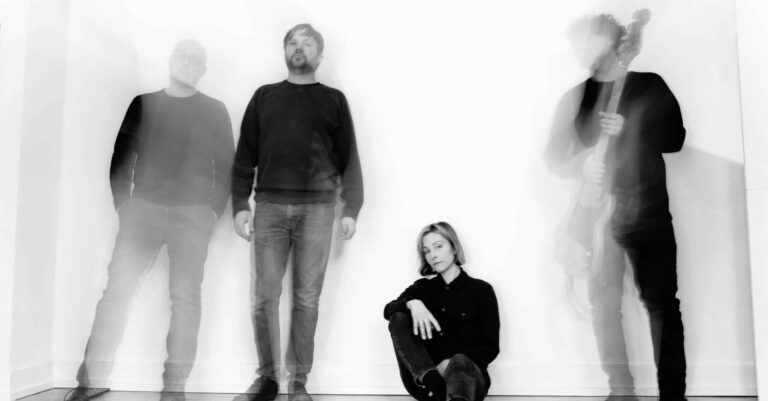Do you want to create your very own home cinema system? Maybe you just want to make sure that you get the best result out of your upgrade, but you don’t quite know how to go about getting started. Either way, this is the guide for you.
Choose a Projector
Believe it or not, a projector is the best value for money if you want something more than 50 inches. This is going to be the most important part of your cinema system because it helps you to get the quality of a TV but you can easily have it be over 150 inches. You have a lot of full HD models available, and it is very easy for you to make it look great without spending a small fortune. If you want to watch your movies in a blackout room then you might not worry too much about brightness. If you are a sports fan then you may be watching lunchtime kick-offs, and therefore you’ll want a projector that’s around 2,000 ANSI Lumens.
Choosing the Right Components
If you want to have separate speakers then you need to try and opt for an AV receiver. A projector screen is not essential but at the end of the day, it will greatly improve the general quality of your images. The main reason for this is because it is made out of a reflective material and this will enhance the detail, the brightness and the colour. Of course, most home cinema owners cannot resist hooking up their games console either, and this is understandable, so it helps to look into the options that are available in advance so that you can make sure that you are not compromising your build by opting for subpar wiring or connections. If you are concerned about wiring, then make sure that you get a good cable management system.
Choosing the Right Speakers
A soundbar isn’t suitable for a home cinema. Ideally, you need to have a full surround system with either five or seven speakers. Having a subwoofer will help you out a lot here as well, so keep that in mind if possible. If you want to take things to that next level but you do not know how, then an Atmos system would be the way to go. When you do explore an Atmos system, you will soon find that it is possible for you to get it in a soundbar format, which is a huge step up when compared to the average soundbar system. That being said, if you want to get the best result then you need to ensure that you get some rear speakers too. If you can do this, then you will soon find that you can get the best result out of your setup.
Of course, there are many things that you can do to try and make the most out of your home cinema system, and if you follow this guide, you’ll find it easier than ever to have the best movie experience.

